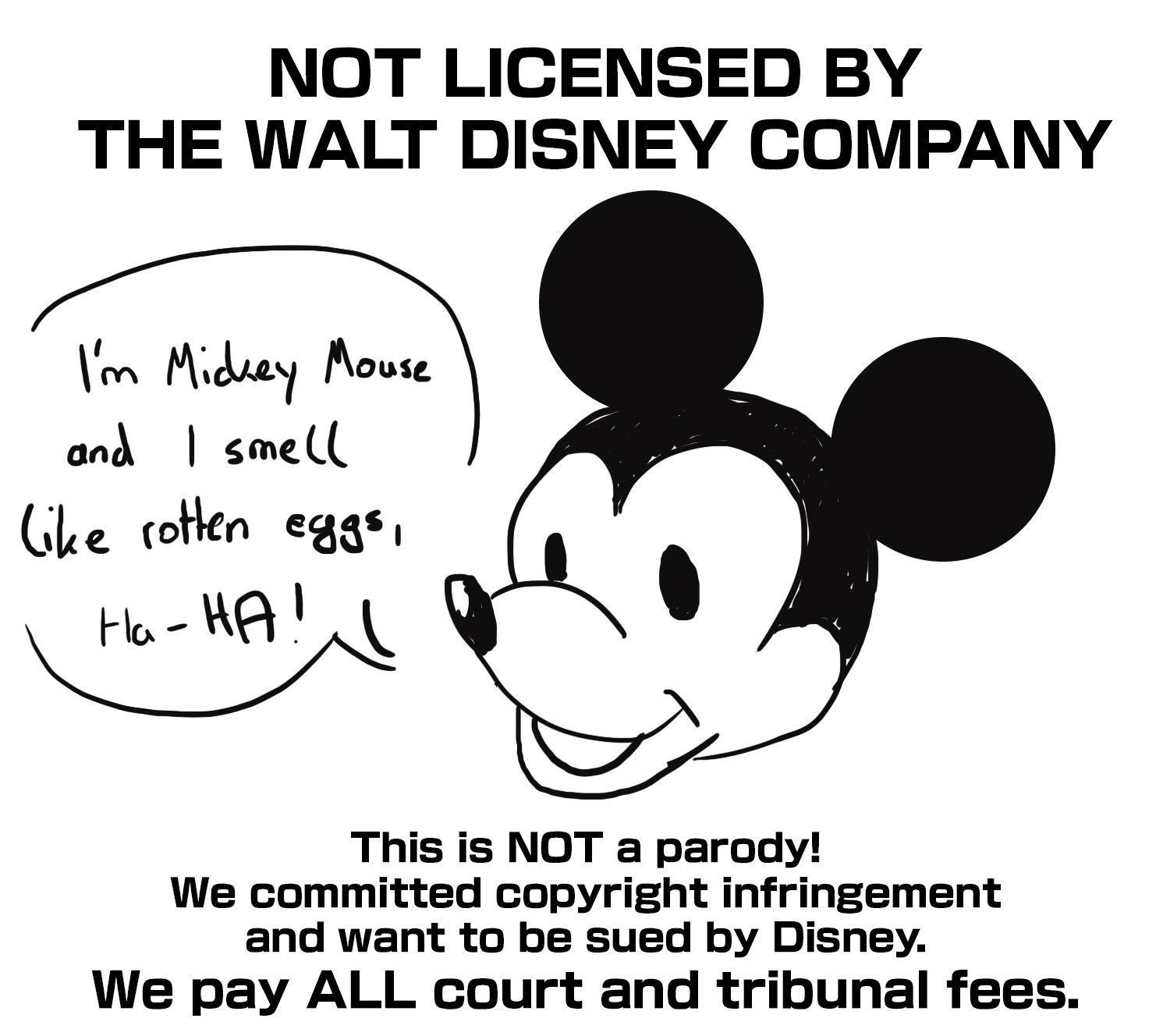this post was submitted on 17 Sep 2023
1010 points (97.6% liked)
internet funeral
7194 readers
2 users here now
ㅤㅤㅤㅤㅤㅤㅤㅤㅤㅤㅤㅤㅤㅤㅤㅤㅤㅤㅤㅤㅤㅤㅤㅤㅤㅤㅤㅤart of the internet
What is this place?
• [email protected] with text and titles
• post obscure and surreal art with text
• nothing memetic, nothing boring
• unique textural art images
• Post only images or gifs (except for meta posts)
Guidlines
• no video posts are allowed
• No memes. Not even surreal ones. Post your memes on [email protected] instead
• If your submission can be posted to [email protected] (I.e. no text images), It should be posted there instead
This is a curated magazine. Post anything and everything. It will either stay up or be lost into the void.
founded 2 years ago
MODERATORS
you are viewing a single comment's thread
view the rest of the comments
view the rest of the comments

I'm not very informed on this issue, but is there any good reason a company should lose their ownership of IP just because enough time has passed? Not trying to defend Disney, just wondering.
IP rights were always intended to expire. If you look up original copyright and patent laws you will see the words "for limited Times" very quite prominently. Originally the idea was you create something, you control it for awhile, then it becomes a cultural asset that belongs to everyone. The law was changed to keep extending the period these pieces of our culture "belong to them" instead of belonging to all of us.
Reading your question I worry how many people assume their cultural icons should rightfully be controlled by corporations instead of belonging to everyone who grew up with them.
Referencing or reinterpreting old works used to be a stable in culture. But even with fair use laws (and not every contry has them) it is a legal minefield to use anything that isn't public domain. So while copy right laws are intended to foster culture work production, the extreme long terms (105 years) actually harm it.
ps disney itself build their animation film success partially on public domain fairy tales while simultainosly working on getting copyright laws to a point where no new public domain fairytales will be created ever again.
Classic move: getting to the top, and then pulling up the ladder behind you.
That definitely happens with trademarks. In fact, they're designed that way. You get to keep it as long as you're using it.
Trademarks can also become so widespread that they become generic, and then the company is in danger of losing it. Kleenex, for example. This is something of a "victim of your own success" problem.
I wish there was a better mechanism for this on copyright and patents. There's no good reason that a 30 year old video game that isn't being actively developed should still be in copyright. Patent trolls who figure they can make more money by suing people than by licensing out the tech should be shut down.
As a musician, IP law is anathema to the development and expression of culture. As musicians we are raised on music in the public domain (classical music, folk songs), we cover bands that are inspirational to us, we reference famous melodies or ideas in our work. It isn't all just cold-hearted capitalist thievery. Quotation used to be a normal aspect of music (even the greats like Beethoven did it) but it you get organizations like the Marvin Gaye estate who frivolously sue any artist who even considers referencing his music. What does that leave culture? Is it a good likelihood that Gaye's music will have as much staying power over the centuries if his estate fights bitterly to quash his music from being referenced and disseminated?
From Wikipedia: